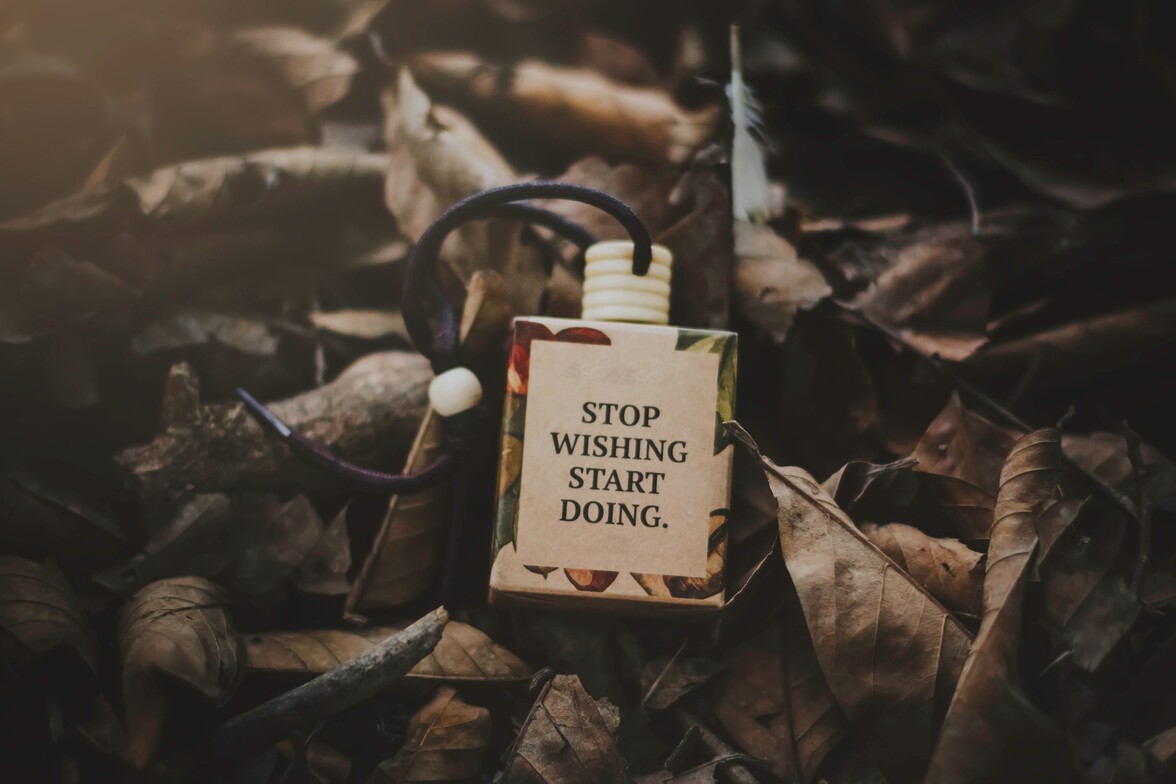
If you've been in therapy for a while and feel like it's not helping as much as you'd hoped, you're not alone. It’s normal to have times when things feel stuck, and it can be tough to understand why. Sometimes, the connection between you and your therapist may not be the best fit, but often, the issue is something else entirely: Your role in the healing process.
Therapists are here to support you, guide you, and help you understand yourself better. They’ll work with you to identify your strengths, help you clarify your values, and give you the tools to cope with life’s challenges. However, therapy isn’t something that can be “done to you.” It’s a partnership where you’re the main player, and your healing truly starts with you.
Therapy Is a Two-Way Street
Sometimes, people expect therapy to feel like magic—a place where problems are solved simply by talking about them. And while having someone listen to you with empathy can feel incredibly healing, there’s more to it than that. To make real progress, you need to be an active participant in your own journey.
Think of therapy like working with a nutritionist. A nutritionist can give you a shopping list and a meal plan designed to support your health goals—but if you don’t buy the foods or prepare and eat the meals your health won’t improve.
Therapy works the same way. Your therapist provides guidance, tools, and support, but the real change happens when you put those tools into practice in your daily life. It’s the effort you make between sessions that helps you build new habits and move toward the growth you want.
You might have heard your therapist talk about setting goals, making plans, or practicing new skills. All these things take effort on your part. Your therapist can offer suggestions and guidance, but it’s up to you to take action. Think of your therapist as a coach—they’re there to help you develop a game plan, but you’re the one on the field.
Further Reading: The Client's Role in Making CBT Work
When Things Feel Stuck
It’s normal to go through periods in therapy where things don’t seem to be moving forward. Maybe you’ve learned a lot of things about yourself, but you’re not sure how to put them into action. Maybe you’ve been given tools to help cope with stress or anxiety, but you struggle to use them in real life.
Remember, growth takes time. Even though you may not see immediate changes, that doesn’t mean therapy isn’t working. It’s about building new habits, changing old patterns, and shifting how you approach life. If you find yourself feeling frustrated, take a moment to check in with yourself:
- Have I been practicing what we talked about in sessions?
- Am I following through with the goals we’ve set?
- Do I show up to therapy ready to engage, or do I simply expect things to improve by talking?
These are tough questions, but they’re important. Therapy is a space for self-reflection and self-discovery, and part of that means taking responsibility for your healing process.
Therapy Isn't Just About Talking
One of the most valuable aspects of therapy is the opportunity it gives you to learn about yourself. Through guided conversations, your therapist helps you develop insight into your feelings, your values, and the way you respond to life’s challenges. But gaining insight alone doesn’t always lead to change. That requires action.
For example, let’s say you struggle with anxiety. Your therapist might teach you strategies such as challenging and changing unhelpful thoughts and behaviours. But if you don’t practice these strategies regularly, you might not notice the positive changes they can bring. Your therapist can only give you the tools—you have to use them.
The same goes for goals. If you’ve talked about a specific goal, like finding a new job, but haven’t taken steps to update your resume or apply to positions, the goal will feel out of reach. Therapy is the place to clarify what you want and why, but you have to follow through on taking the steps to get there.
Setbacks and Uncertainty Are Part of the Process
If this feels overwhelming, it’s important to know that not having all the answers—or not knowing exactly what to do next—is completely normal. Healing is a process, and it’s okay if you don’t have all the answers or know exactly how to move forward. You don’t have to be perfect, and it’s completely normal to have setbacks or days when you just don’t feel like doing the work. But the most important thing is that you keep showing up—for therapy and for yourself.
Further Reading: Why Consistency in Therapy Matters.
Your therapist is there to support you, encourage you, and help you make sense of your journey, but they can't do the work for you. You are the one who gets to decide how much effort you put into your healing. The more you engage with the process, the more you’ll see the changes you’re hoping for.
Compassion for Yourself
It’s also important to be kind to yourself. Therapy is not about “fixing” you. It’s about learning and growing, and that takes time. Sometimes, you’ll take one step forward and two steps back, and that’s okay. What matters is that you keep moving forward, even on the hard days. You deserve compassion, and that includes the compassion to keep trying, even when things get tough. In the end, therapy is a partnership.
Your therapist is there to help you discover who you are and guide you through difficult moments. But the work—the real work—happens when you actively participate in your own healing. By showing up, practicing the skills you learn, and engaging with the process, you’ll find yourself on the path to growth and healing. You’ve got this.
Remember, you're not alone in this. Your therapist is there to support you every step of the way, but you play an essential role in making your healing journey a success. Keep going. Every little step counts.
If you’re ready to take an active role in your healing journey, don’t hesitate to reach out and take the first step toward making lasting changes in your life. Offering online therapy for adults in Ontario. I’d be happy to support you on your path towards wellness.





